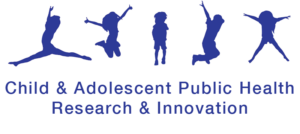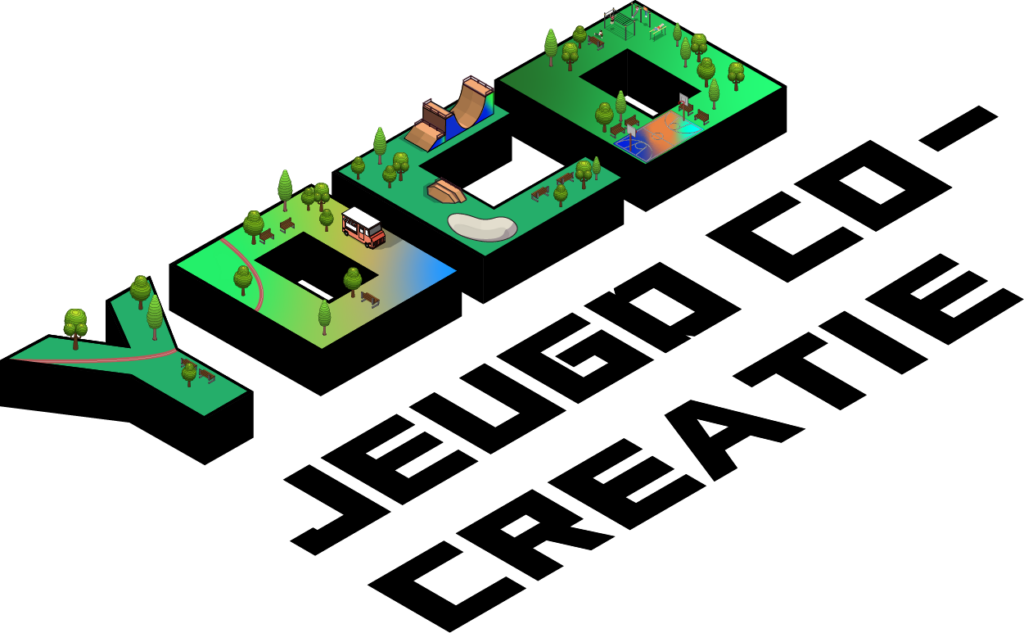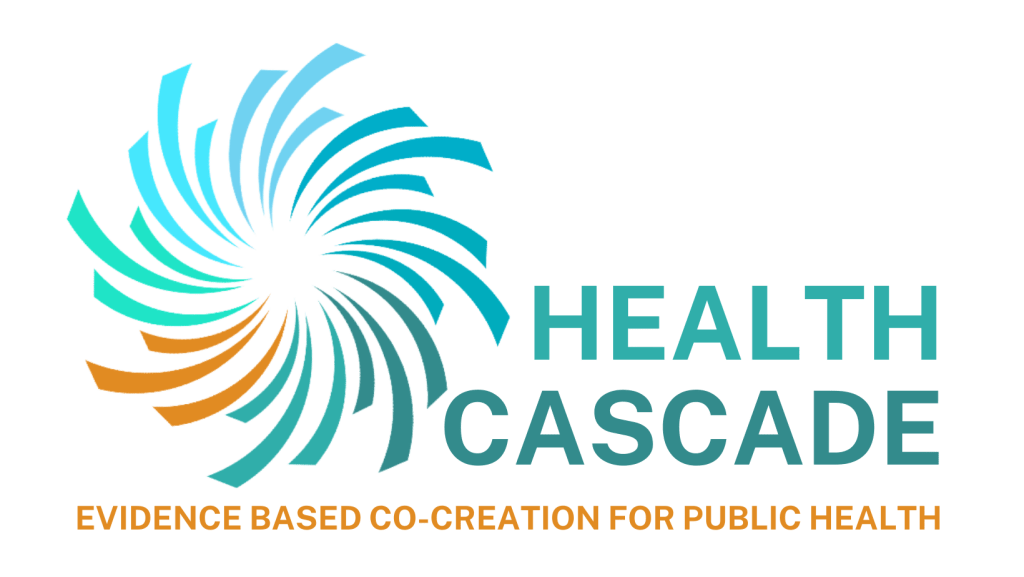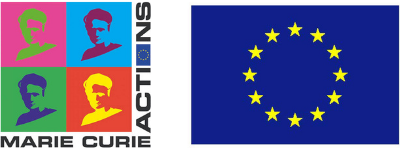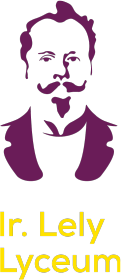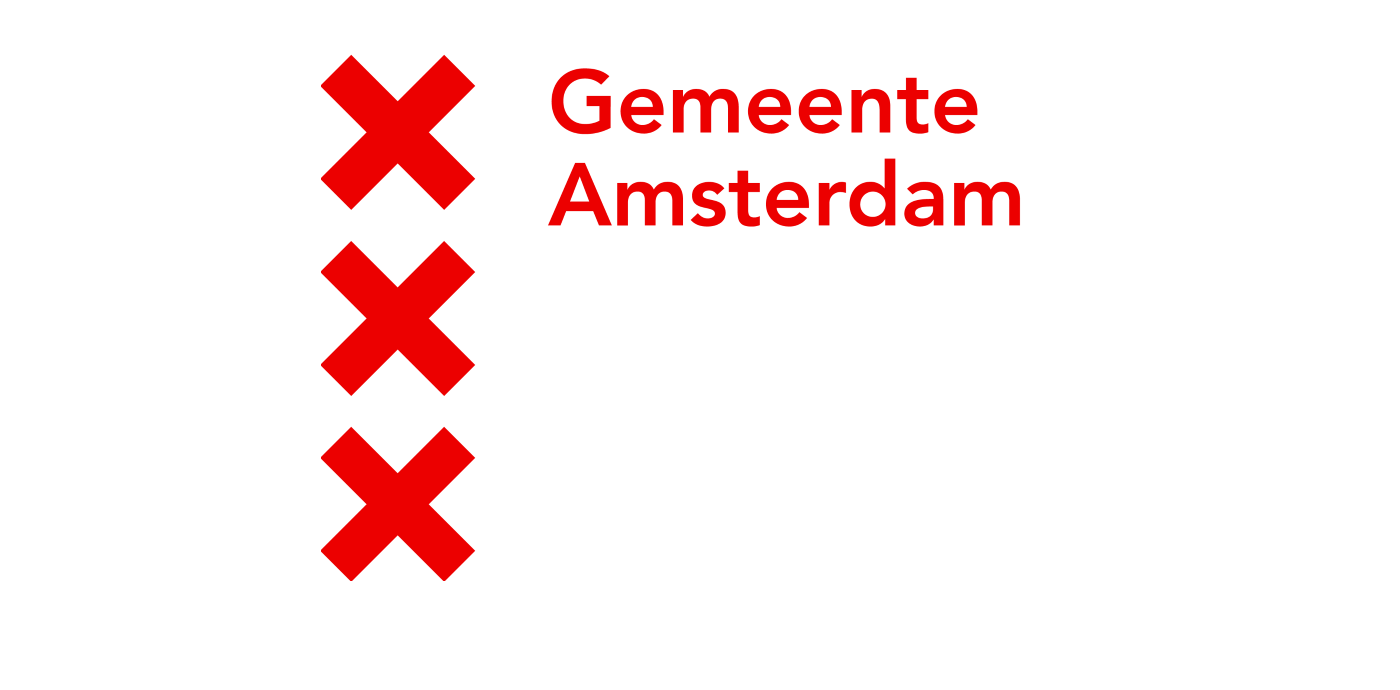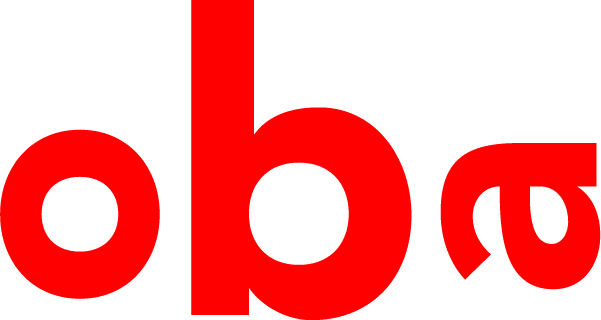YoCo
Samen met jongeren co-creëren we een stedelijke ruimte, waar bewegen voor jongeren makkelijk en leuk is en die hun gezondheid en welzijn bevordert
About YoCo
Through YoCo, Sara and Kunshan envision equitable and inclusive public spaces that promote adolescent health and wellbeing, where teens feel safe and are free to be themselves.
The built environment affects multiple dimensions of adolescent health and well-being. Despite adolescents having unique perspectives on urban space in the city, they are often not involved in urban planning processes. Thus, their needs and wishes are not always accounted for. By directly involving adolescents in urban planning processes, we enable the creation of youth-centred design solutions that meet their needs.
YoCo aims to build evidence for co-creation in public health, adopting elements from Participatory Action Research (PAR), placemaking, and systems science approaches. YoCo also aims to implement co-created design solutions by collaborating with the Amsterdam Municipality and aligning with actual local redevelopment plans, leading to feasible solutions and sustainable changes to citizen participation in urban planning.
This project spans over 4 planned phases:
- Fase 1 Needs assessment (2022),
- Fase 2 Co-design solutions (2023),
- Phase 3 Prototype testing (2023); and
- Phase 4 Implementation (2024 – )
Academic researchers Sara Rachdan and Kunshan Goh lead and facilitate co-creation workshops, bringing together key stakeholders including adolescents, community, urban planners and local government. Process and outcome evaluation frameworks are iteratively applied, evaluated and refined.
YoCo is part of the Health CASCADE-research consortium, an EU MSCA-funded project.
Learn more on the YoCo website.
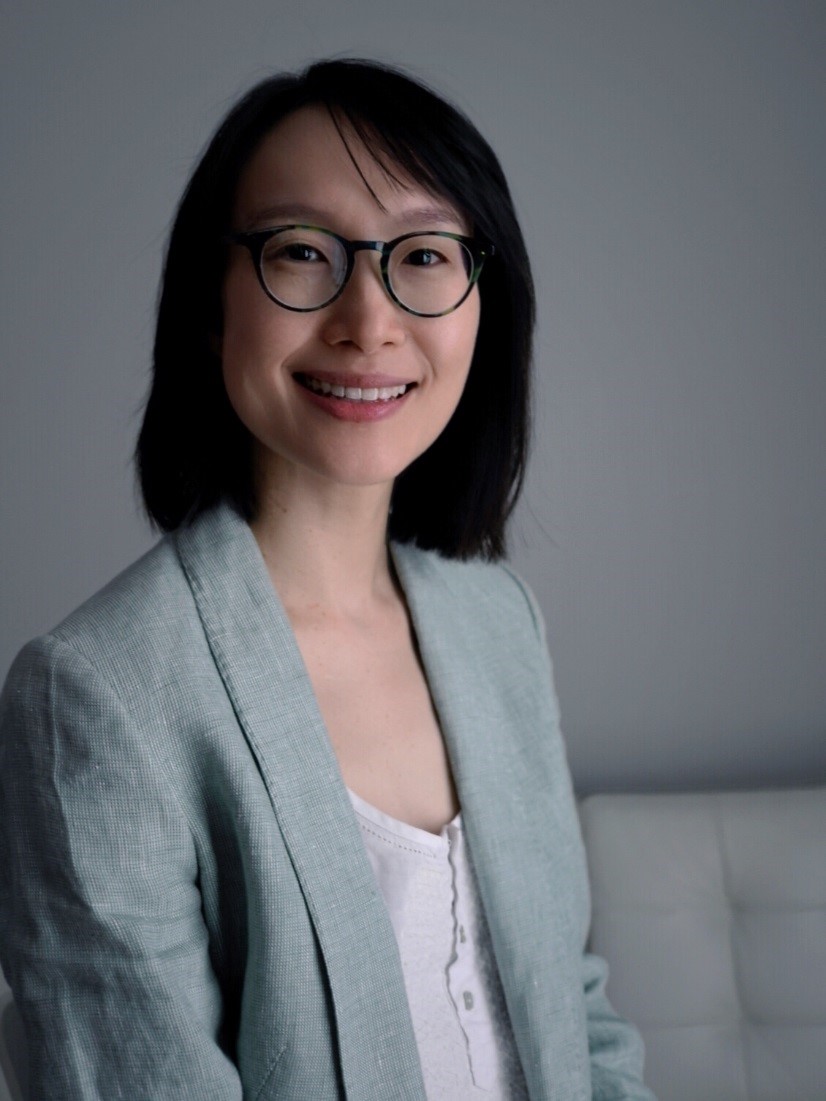
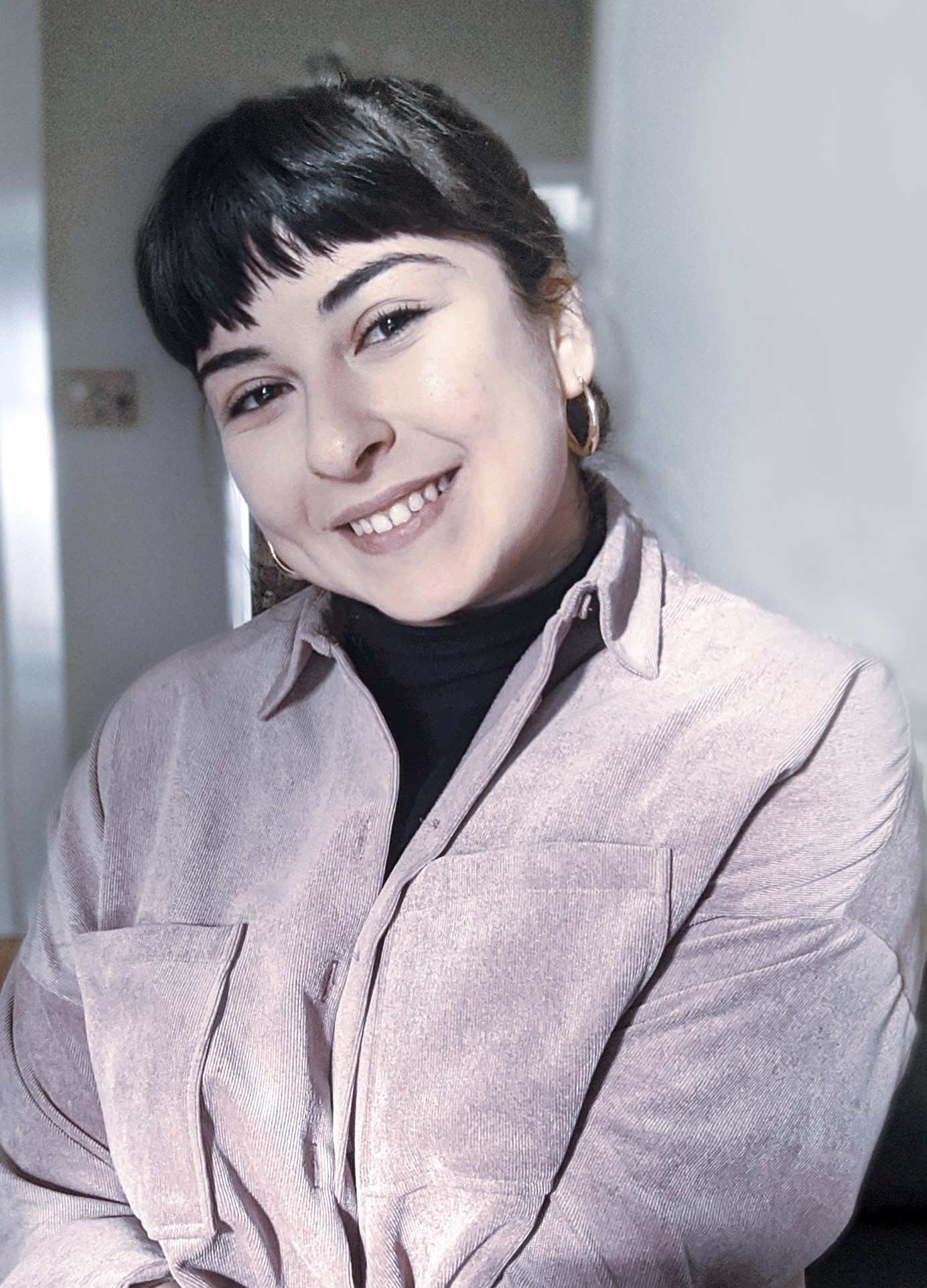
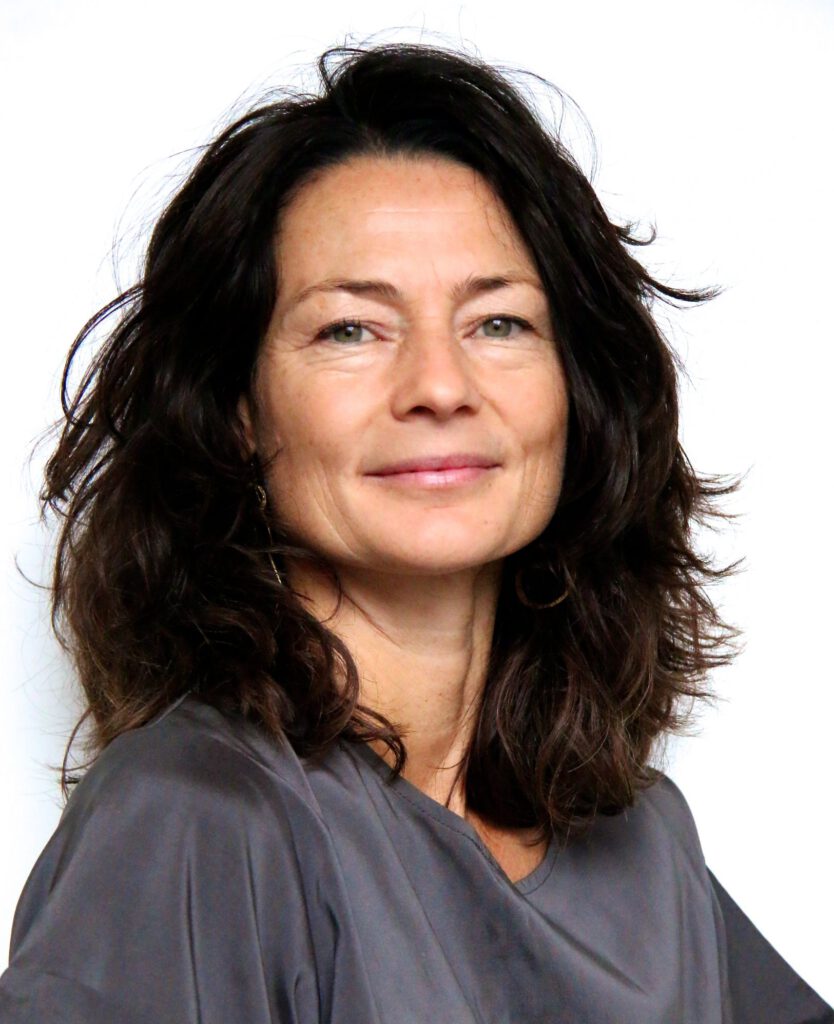
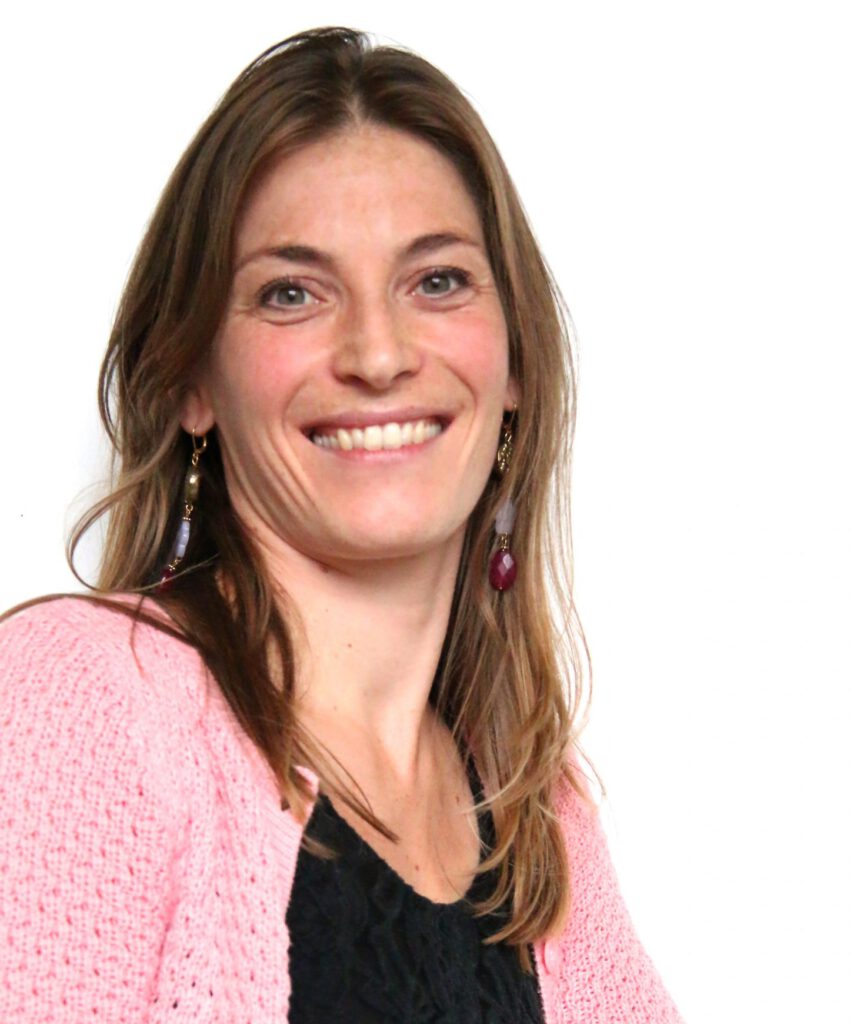
Researchers
Kunshan Goh, MSc.
Sara Rachdan, MSc.
Dr. Teatske Altenburg
Prof. Dr. Mai Chin A Paw
